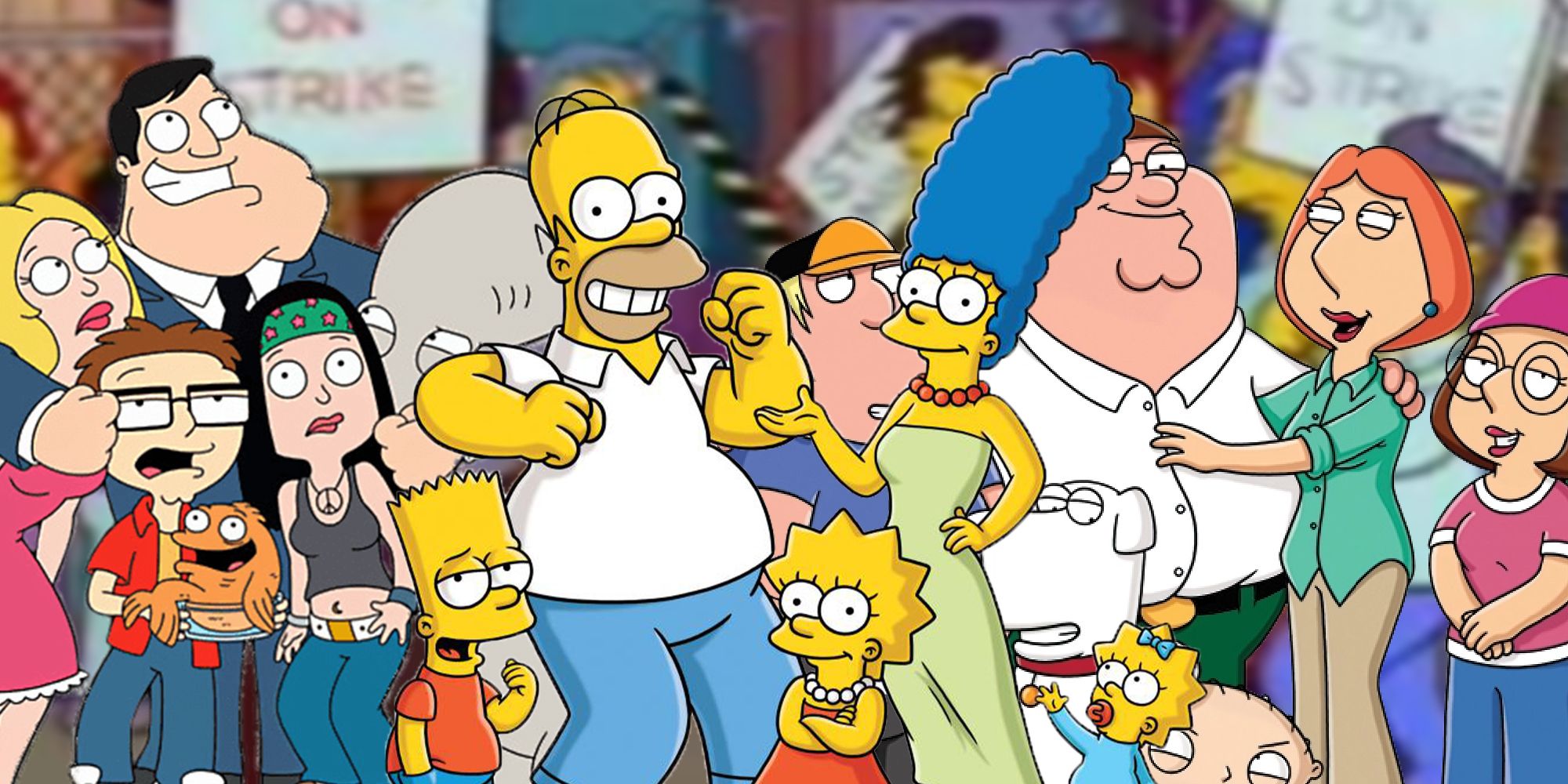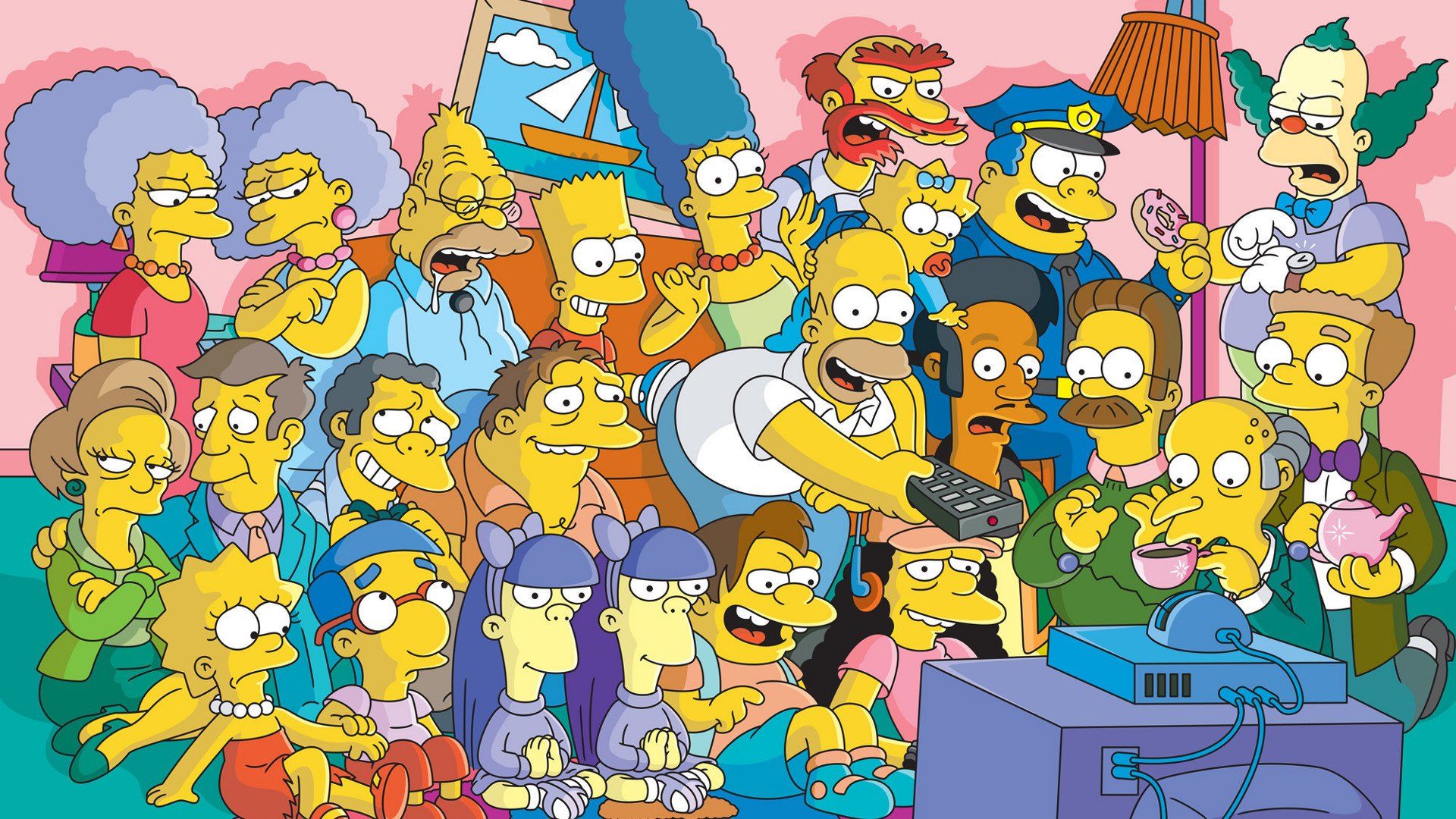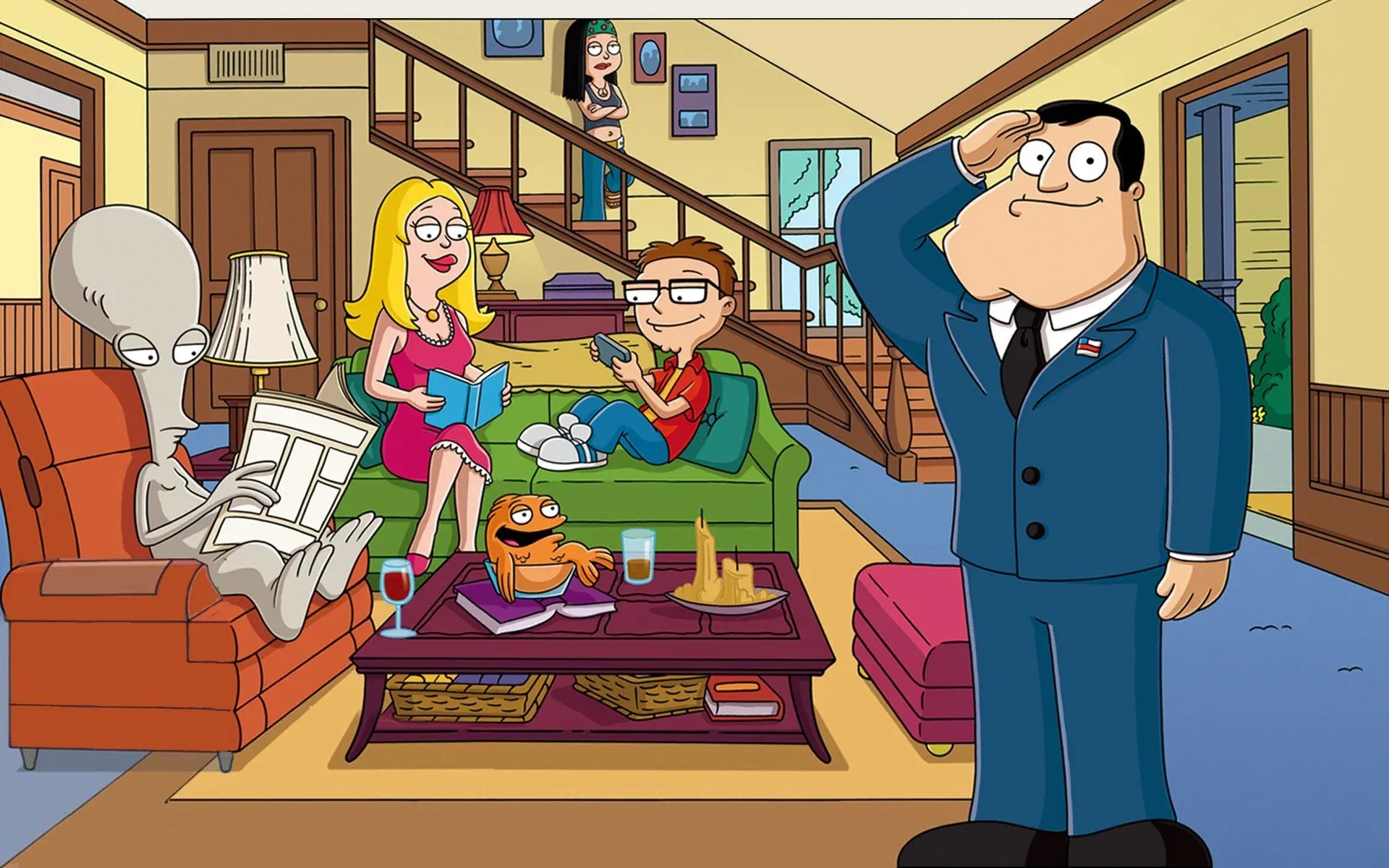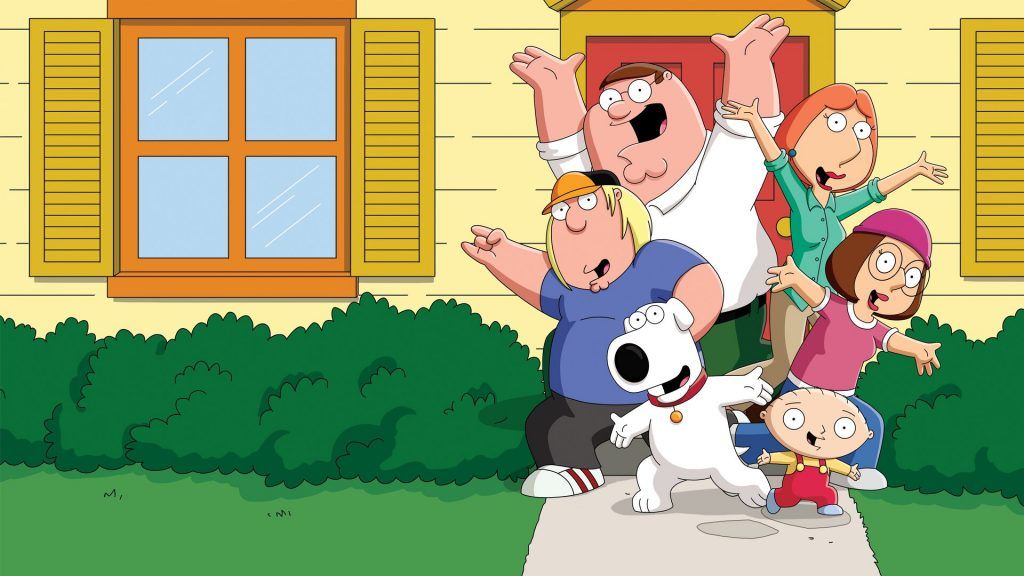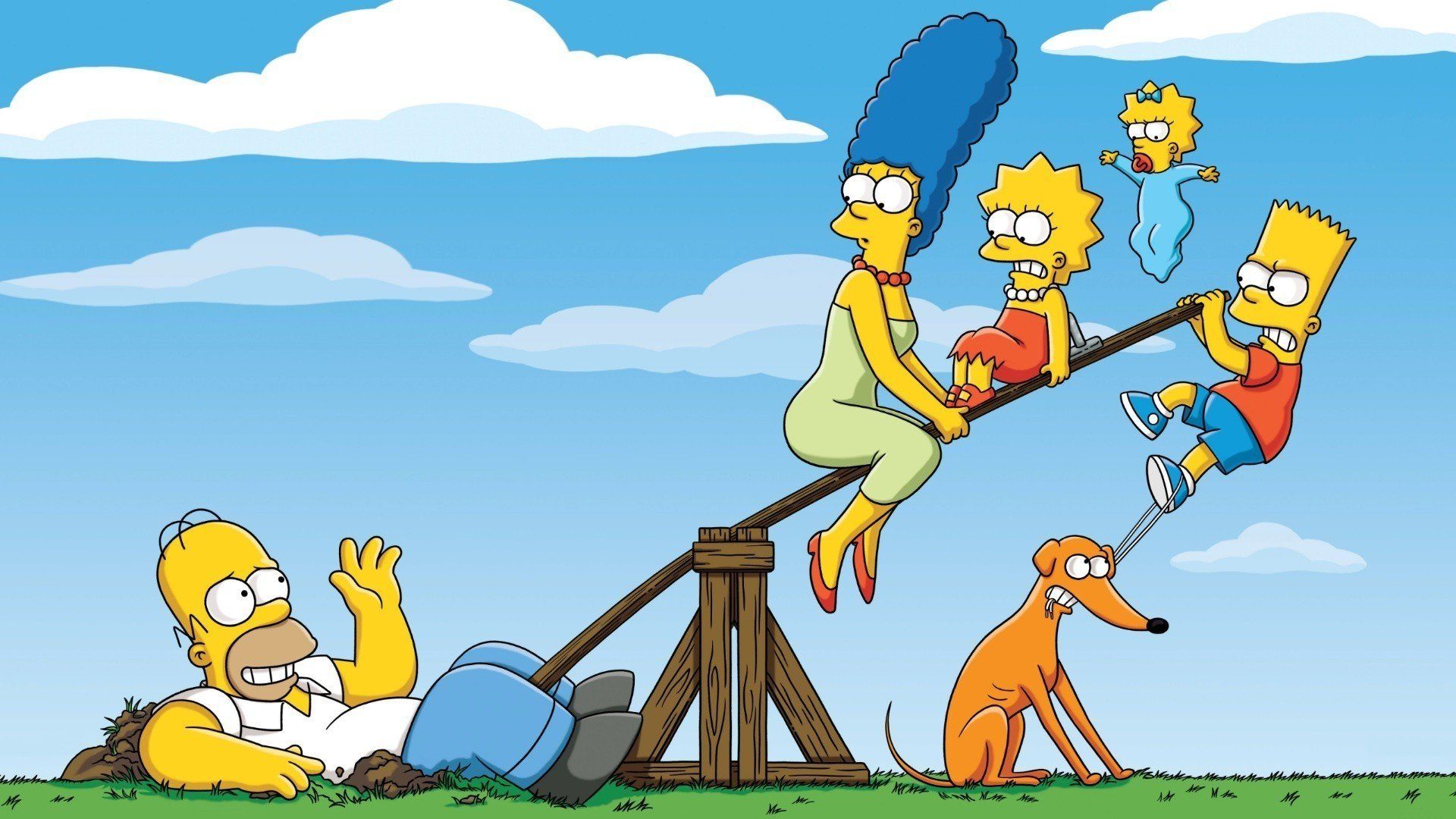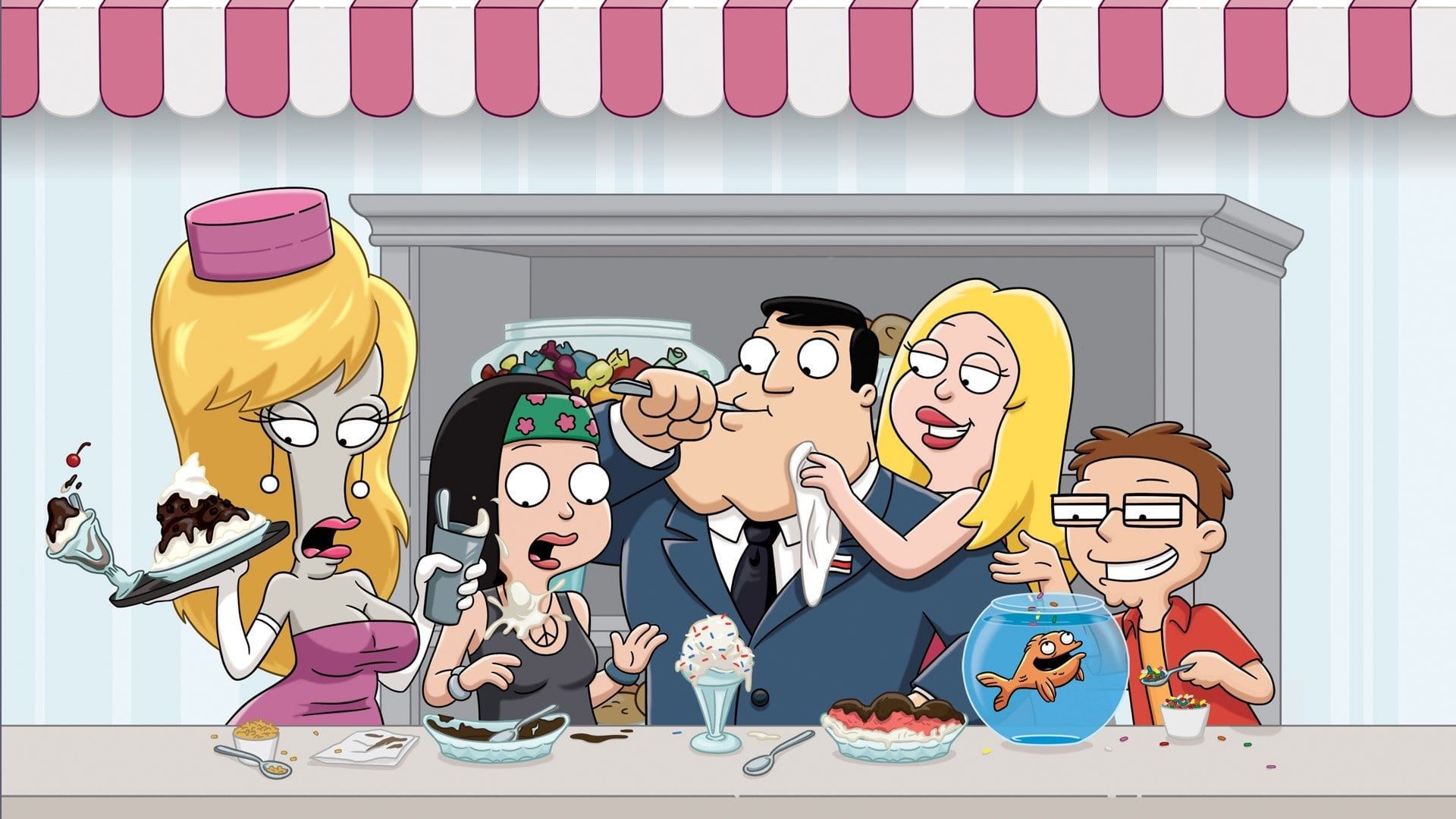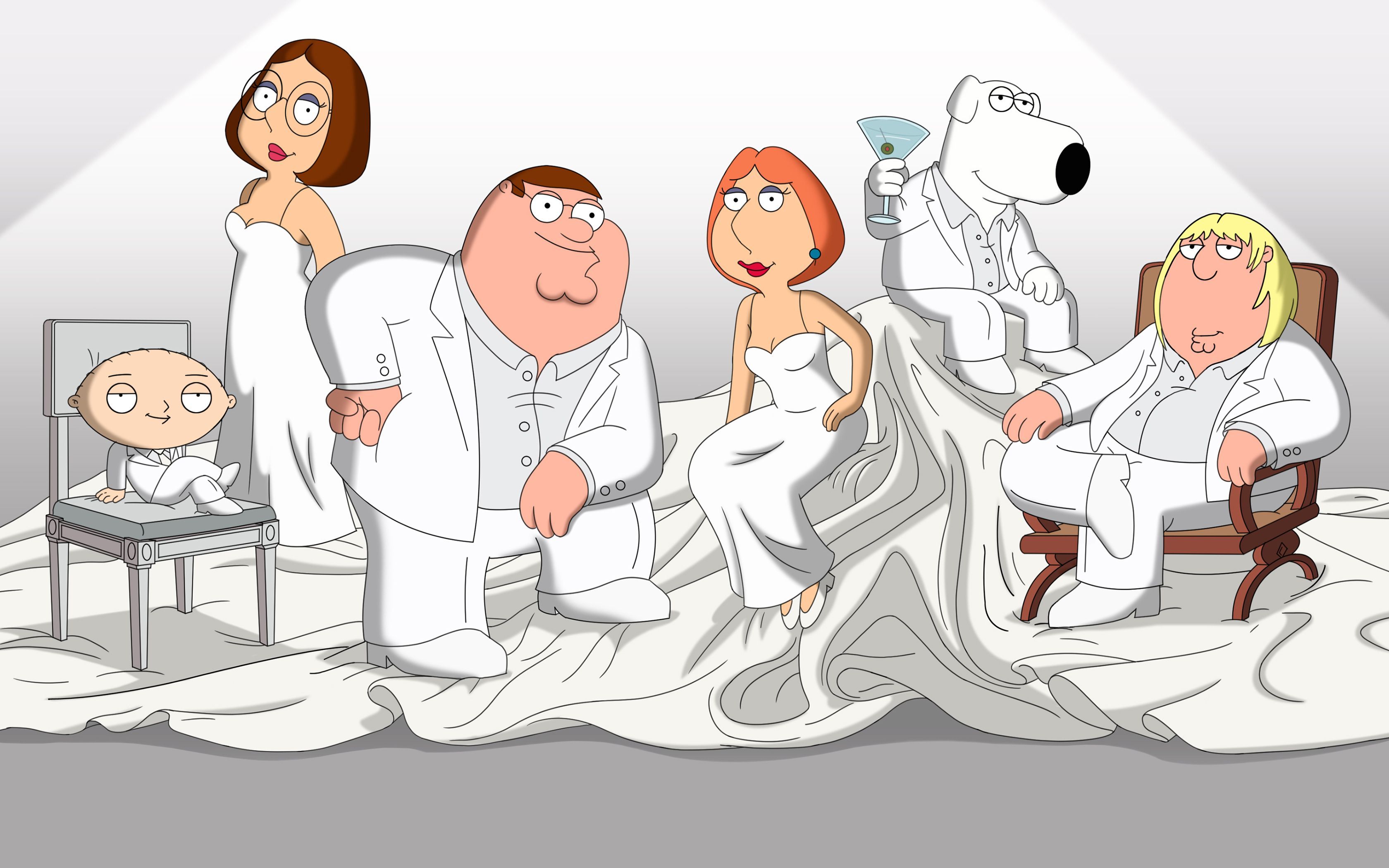The medium of animation has been making massive strides in recent months when it comes to unionisation. Individuals from myriad studios and various disciplines have been fighting for contracts that promise better working conditions, essential healthcare, and a working lifestyle that doesn’t take advantage of them. Artists, writers, and other professionals in the industry are taking positive steps forward, but in the wake of it all production workers are sometimes left behind.
Many of the creators I’ve spoken to across the industry are tired and in need of change, with several generations of professionals banding together and coming to realise that change is possible, and there’s nothing stopping them from standing up to the status quo and seeking to make a difference. With any luck, we’re headed in the right direction.
Last month saw production workers across The Simpsons, Family Guy, and American Dad recognised by The Animation Guild, IATSE Local 839 as they begin bargaining for their first union contract. With the teams boasting 750 years of experience between them, production staff are hoping to join the show’s animators with a union contract that treats them fairly.
To delve a little deeper I caught up with production manager Ashley Cooper and assistant production manager Margaret Glaser to talk about their history working on The Simpsons and what unionisation will mean for them.
Cooper was present when artists on The Simpsons first unionised back in 2006, but production staff were told to stay in their lane and not expect similar treatment. With a new generation of talent trickling into the industry in recent years, a new fire has been lit under the studio that has many eager to chase fair representation. “In 2019 we hired a new PA in the retakes department who was fresh out of college, and she was like, ‘Hey, have you heard about this production unionising movement?’ and I was all ears, so she took me to one of the first meetings and I saw how many people were there. I was far and away the oldest person in the room, and was shocked at how many young people were already there. I was saying this to my PA at the time, but I’m the frog that’s already in the hotpot and had come to terms with my lot in life. So that’s how I got involved, and as soon as I started talking about things it spread like wildfire. Everybody’s so interested in this because you’re literally talking about security, and social security is not going to exist when you need it.”
Unionising from a production perspective appears more complicated, with some unions not willing to take on certain roles or define them in a way that allows them to sit alongside artists and animators with contracts at existing studios. The Animation Guild has helped change this, and Glaser tells me that a studio-wide meeting was set to take place before the pandemic put a stop to everything. Now they’re back at it. “I think the [employment] benefits have dwindled since we’ve changed companies,” Glaser says. “I was hoping as we merged with Disney that it would be offered to us. But to this date, nothing has changed. I thought we would at least get something like retirement benefits. It’s almost like we were forgotten about.”
Cooper offers a similar perspective on things. “At this point in my career I am for the first time in my life making a living wage, but you shouldn’t be almost 40 before you’re offered retirement benefits, that’s too late. It’s too late for me, so one of the main motivators I have in this isn’t for me personally, it’s so that I can help. All the people that I’m looking at are the faces of people in their twenties, and I’m like you need security going forward.”
Being part of a union doesn’t take away the structure of promotion or merit that comes from hard work and career progression, but that isn’t the point. “I know that there are levels of wages through the guild for artists, and you can get pay increases above each other, that does happen, there are merit increases, and that isn’t going away,” Glaser admits. “As much as people don’t want us to talk about our wages, we know they’re different, but we also know that our PAs are barely making minimum wage. In California, that’s just not sustainable. I did that for so long, and even as a coordinator it’s not sustainable. I went to a very expensive graduate school, I have so much money in loans. So we expect most of our PAs to come in having worked, studied, or gotten a bachelor’s degree of some sort.”
Animation has so much talent burning out and leaving the industry behind because they aren’t looked after by corporations. It’s something that needs to change. “In these positions you have to offer incentives to keep quality employees,” Cooper tells me. “Otherwise it’s just going to be a revolving door of people who don’t want to stick around. To speak again to how much older I am than your average coordinator, I come from a different time, and when I saw new people coming in with this self-worth it was inspiring to me because they come in being who they are and knowing how to stand up for themselves. That is just massive, and super important, and has sparked people of my generation to get it together and start living up to their expectations.
“Those expectations aren’t specifically tied to The Simpsons or anything, but just how culture has changed a lot in the past thirty years, especially in the past five years with how a lot of social norms are done, and a lot of them for the better. Those people were in college during all of these societal changes, so when they enter the workforce they already have this platform to spring off of because they've been told, you don’t have to put up with this. You don’t have to do this, you don’t have to be this, or whatever - it’s just changed a lot. A lot of these changes have been reflected throughout our studios, but we still have a long way to go. Because one of those things is security for your future.”
Roles in this industry, whether you happen to be in production or otherwise, are also far more diversified than ever before. Employees are often expected to perform duties outside their remit without compensation, or work longer hours to fulfil responsibilities that aren’t always theirs to oversee. “These roles have changed into bigger ones, and there’s more work to do as we’ve digitised,” Glaser explains. “Production people are asked to do more, we don’t have specific job descriptions like the artists do because they’re unionised, and you’re asked to jump into different places and do different things.”
Cooper adds to that, talking on the evolution of animation production and how a lack of union representation had made their jobs harder and harder to define: “When you think about storyboarding, it’s pretty straightforward what that might entail, right? You can put a box around that and go, this is a storyboarding job. When it comes to production, especially on shows as old as The Simpsons, Family Guy, and American Dad, the technology changes, the reach changes, and the different aspects of those jobs can change as new things exist. As new technology crops up new tasks emerge and we have to accommodate that. They’re not going to ask a storyboard artist to do that, because their job is very easily boxed in.
“It’s a case of ‘This production person can do that, or this production person can do this’ and it’s like a drip here and a drip there until the buckets are eventually full and end up overflowing. But it’s hard to go back and say this is too much, because the blessing and curse of being a capable production staff member is you can take on new tasks, you can problem-solve, you have to be highly organised and do all of those things. It’s easier to put more tasks on production because they have to catalog it somewhere and put it on someone’s desk.”
People can land jobs in the animation industry through storyboarding, writing, concept art, production, and so many other disciplines that all deserve equal union representation and working benefits that ensure security for countless people who have spent years doing their best to make a living in a field that for many is a dream job. It’s unfair, and takes collective action to enact change and show big companies that the workers won’t stand for it anymore. While it initially put a stop to organising efforts, the pandemic arguably paved the way for workers to make their case even stronger, showing that union contracts or jobs being restricted to California is not only outdated, but helps maintain the status quo that goes against the wellbeing or those who keep this industry operational.
“We’ve been working remotely for over two years and we can still do our job well, and do our job exactly how we’re supposed to do it in the office, and that’s what we’d like to continue doing,” Glaser tells me. “There are so many reasons why you might not be in the office. If you have a major health issue you can bring your laptop to the hospital, or you can leave for five minutes to pick up your kid and still be closer to home. It’s not a perfect situation, but it happens.” Remote work has enacted a change to working culture that will forever change how so many industries work, and future union contracts will need to accommodate that.
“We are proving right now that these borders are sort of arbitrary,'' Cooper says. “Nothing would have done this except a global pandemic, corporations would never have thought to - and I’m not just talking about Disney here - send all these people home because they can do all of their work on computers, because we have all the technology. It was the global pandemic that forced everybody to reevaluate what being in-person even means, because we’re in-person right now, even if it’s through a computer screen.
“Luckily for us, animation has proven that we can do it from anywhere on the planet, so it's a more difficult argument at this point to prove that we can’t. I remember it was March 16, 2020 when they were wrapping us up. It was raining in Los Angeles, which never happens, and they just shoved us out the door with our computers. We got home, set everything up, and tried to figure out how this all works. We didn’t miss an air date, we didn’t skip a beat, we figured it out, and that’s a really strong point in favour of production staff members and their capabilities because we are so adaptable. They can send us out in the rain with our computers and when we get home we’re still making The Simpsons.”
As for future progress within The Animation Guild, the future looks challenging yet bright for all those hoping to make themselves heard. “If the rest of the industry and animation and production organises, we can have healthcare and a pension that carries over from production to production,” Glaser says. “If we get cancelled or we move jobs there’s no stopgap of healthcare and that’s so incredibly helpful. It also means it could carry over if you move into an artist role, that’s not what everybody does, but some people in production may be doing that eventually. I hope that this will convince others that they can be recognised.”
Cooper's final thoughts are equally hopeful about the months and years to come, but she doesn’t once sound complacent about all the work ahead of them. “Talk about organising, start the conversation. It’s a long process, and certainly not over for us at this point. We’re in a unique position with The Simpsons, Family Guy, and American Dad because the shows have been on for multiple seasons. Most animated shows get one or two seasons and then they’re done, and all of those production staff members basically have to start at square one.
“These people lose their benefits and have to start over, and if there was an overarching structure with the union that would provide those benefits, then it wouldn’t be employer based. It’s important to keep people in production roles, instead of it being a revolving door that’s just not sustainable.”

